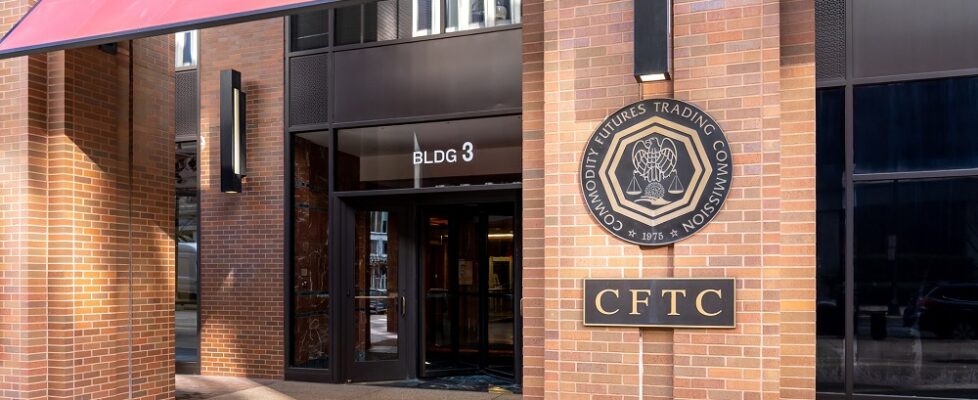CFTC accuses Archegos of improper attempt to obtain wide-ranging discovery
About a week after Archegos Capital Management, LP and Patrick Halligan made it clear that they are against a full stay of discovery in the action launched by the Commodity Futures Trading Commission (CFTC), the regulator responded to the defendants’ arguments.
Let’s recall that, according to the CFTC complaint, in the span of a year, between March 2020 and March 2021, Archegos and Archegos’s CFO, as well as others acting on their behalf or under their direction, engaged in a scheme whereby they intentionally and/or recklessly provided false or misleading material information and/or omitted to provide such material information to their trading swap counterparties.
The Department of Justice (DOJ) has sought to intervene and stay the CFTC action. The defendants argued against this and, instead, suggested that a partial stay would be more appropriate.
On November 23, 2022, the CFTC filed its response to the defendants’ arguments in the New York Southern District Court.
The CFTC notes that it takes no position on the United States’ motion to stay discovery pending resolution of the Criminal Case, and therefore does not oppose the motion. The CFTC does, however, oppose any suggestion by the Defendants to partially stay this action on asymmetrical terms that would permit Defendants to obtain discovery while shielding Defendants from having to provide discovery themselves.
The regulator says that the Court should reject any such proposal because it is inefficient, inequitable, and would unfairly prejudice the Commission.
According to the CFTC, Defendants claim to object to the “premature” and “blanket” nature of the stay sought by the United States, and suggest instead that the Court should assess each particular future discovery request individually to assess whether such discovery would threaten the criminal proceedings or impinge upon any person’s Fifth Amendment rights. Defendants’ proposal, however, inherently contemplates that discovery would be not merely fragmentary, but also markedly asymmetrical.
The CFTC says that, although Defendants avoid saying so explicitly, it is clear that Halligan, at minimum, contemplates invoking his Fifth Amendment privilege against self-incrimination in order to shield himself from discovery under Defendants’ proposal. “Discovery” as envisioned by Defendants, would therefore be a largely one-sided affair.
Under Defendants’ proposal, the CFTC must provide initial disclosures, respond to voluminous document requests, answer interrogatories and requests for admission, and prepare for and attend depositions noticed by Defendants. By contrast, if Halligan and/or Hwang simply declare that testifying would implicate their Fifth Amendment privilege against self-incrimination, the CFTC would be unable to obtain their testimony or obtain responses to interrogatories and requests for admissions from Halligan.
In turn, the CFTC would be precluded from seeking evidence clarifying Defendants’ positions or defenses, or understanding what facts remain at issue.
The regulator explains that although Halligan certainly has a right to avoid self-incrimination, Defendants do not have a right to use the Fifth Amendment privilege as both a sword and a shield by obtaining the benefits of the privilege against self-incrimination without actually being required to assert the Fifth Amendment or suffer the resulting consequences.
The CFTC concludes by stating that:
“The Court should see Defendants’ request for what it is: an improper attempt to obtain wide-ranging discovery, while Defendants are shielded from providing discovery to the CFTC”.
The Commission does not object to the United States’ motion for a complete stay of discovery, and requests that the Court deny Defendants’ proposal for a partial stay.





